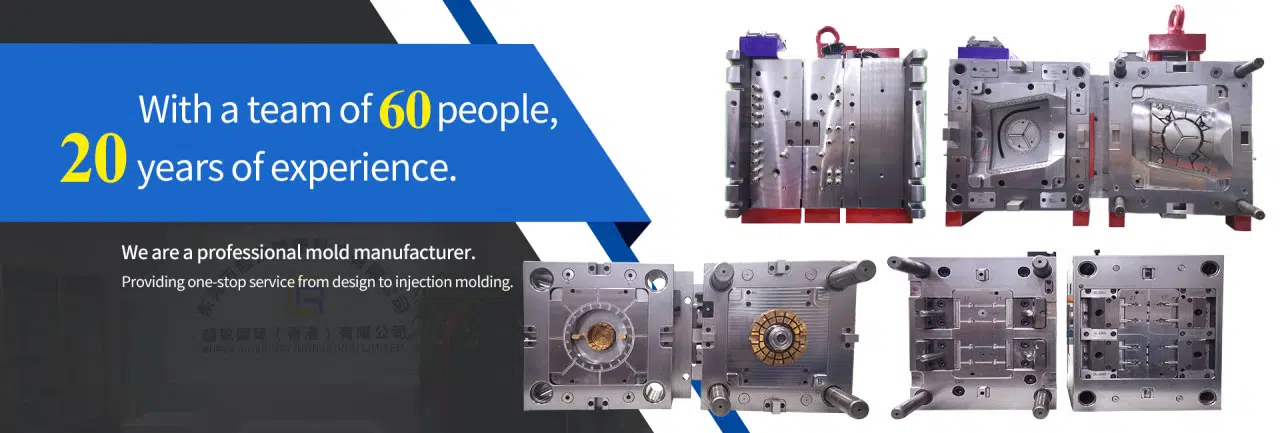
本身
html
Precision Engineering for Tight Tolerances
In the world of manufacturing and engineering, achieving tight tolerances is a critical factor in ensuring product quality, performance, and reliability. Precision engineering plays a pivotal role in meeting these stringent requirements, enabling industries to produce components with minimal deviation from specified dimensions.
Understanding Tight Tolerances
Tight tolerances refer to the allowable deviation from a specified dimension in a manufactured part. These tolerances are typically expressed in thousandths of an inch (or micrometers) and can range from ±0.001″ to ±0.0001″ or even tighter for specialized applications. The ability to maintain such precise measurements throughout production is what separates ordinary manufacturing from precision engineering.
The Importance of Precision Engineering
Precision engineering is essential for industries where component fit and function are critical. This includes:
- Aerospace components
- Medical devices
- Automotive systems
- Semiconductor manufacturing
- Optical instruments
In these fields, even microscopic deviations can lead to catastrophic failures or significantly reduced product performance.
Technologies Enabling Tight Tolerance Manufacturing
Modern precision engineering relies on several advanced technologies:
1. High-Precision CNC Machining
Computer Numerical Control (CNC) machines with sub-micron positioning accuracy can repeatedly produce parts within tight tolerance specifications.
2. Advanced Metrology Equipment
Coordinate Measuring Machines (CMMs), laser scanners, and optical comparators allow for precise measurement and verification of tight tolerances.
3. Temperature-Controlled Environments
Many precision manufacturing facilities maintain strict environmental controls to minimize thermal expansion effects on materials.
Challenges in Maintaining Tight Tolerances
While the benefits are clear, achieving and maintaining tight tolerances presents several challenges:
- Increased production costs due to specialized equipment and slower processes
- Higher material requirements (more stable, predictable materials)
- Greater need for skilled operators and quality control personnel
- Extended setup and verification times
Keyword: Tight Tolerances
Future Trends in Precision Engineering
As industries continue to push the boundaries of what’s possible, precision engineering is evolving with:
- AI-driven process optimization for tighter tolerances
- Nanotechnology applications in manufacturing
- Advanced materials with more stable properties
- In-line metrology systems for real-time quality control
The demand for components with tight tolerances will only increase as technology advances, making precision engineering an ever more critical field in modern manufacturing.
